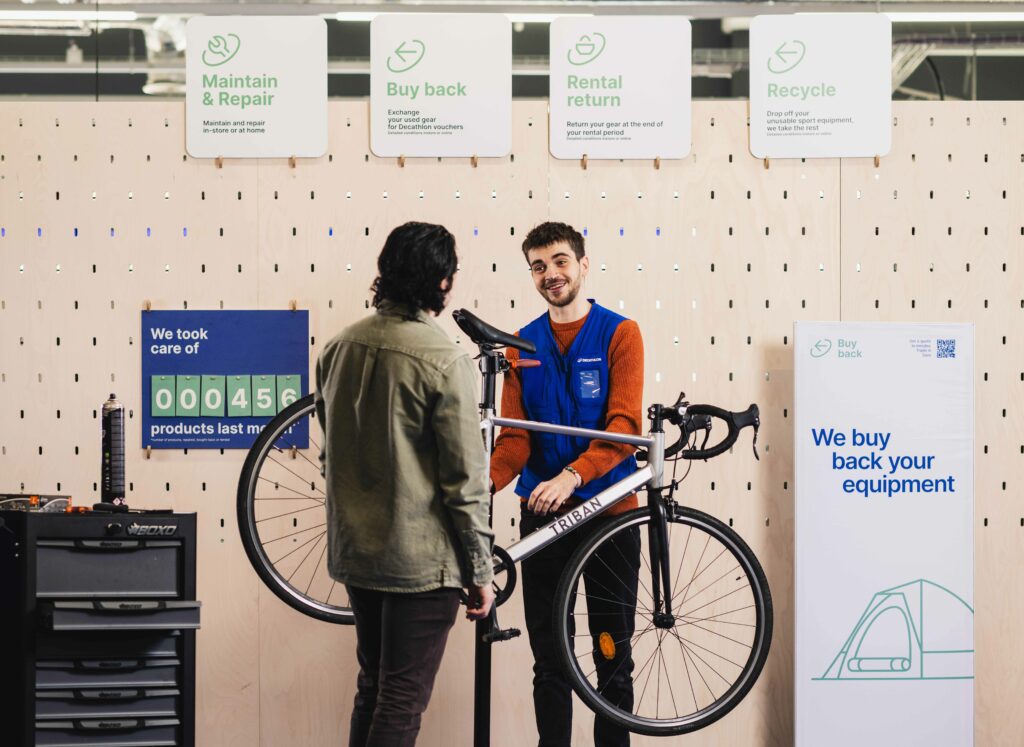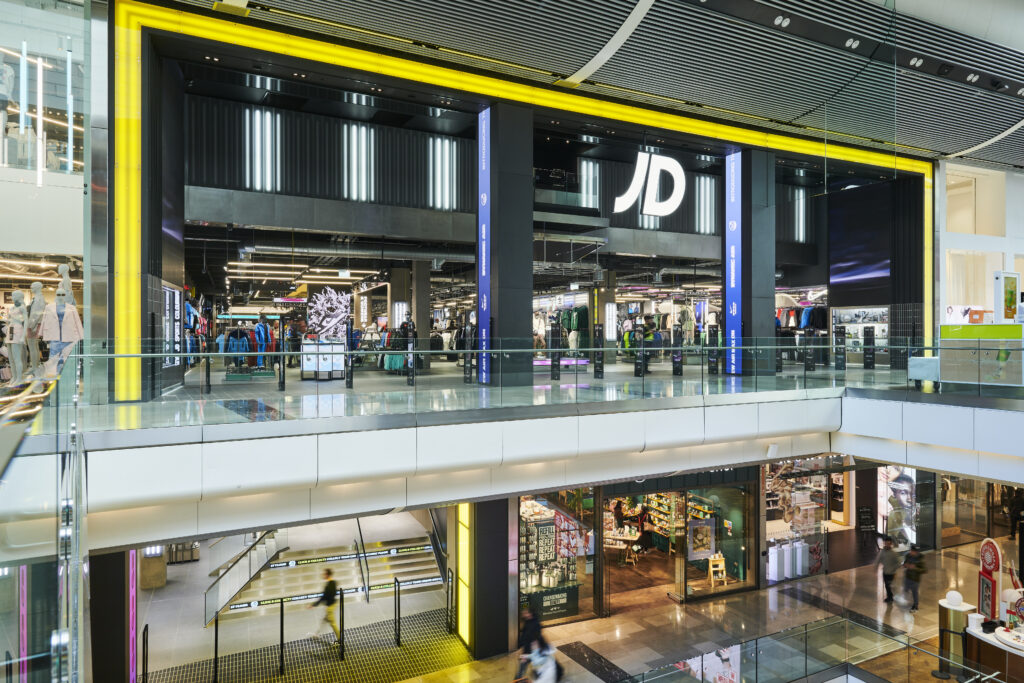This morning Sainsbury‘s posted its interim results for the 28 weeks to 27 September 2014. They reported a first half pre-tax loss of £290 million.
Profit has fallen by 6% to £375 million. The retailer expects profits to be lower in the second half and also expects its full-year dividend to fall.
In challenging market conditions, Sainsbury‘s has delivered relative outperformance in sales and profit for the past five years.
The company reported a 2.1% fall in like for like sales at stores open longer than a year in the 28 weeks to September 27 as it struggled to fight the rise of the discounter such as Aldi and Lidl.
Sainsbury‘s has a promising plan for space repurposing, amid the shift in consumer interest from large out-of-town supermarkets to convenience stores. It plans to open a more conservative 500,000 sq ft in each of the next two years, down from 750,000 sq ft this year, helping reduce capital expenditure to £500-£550 million over the next three years. The grocer plans to trial new formats, in terms of range and layout, while acknowledging that over the next five years 25% of its estate will have under-utilised space.
Julie Palmer, retail expert at Begbies Traynor, said: “Today‘s fall in sales and pre-tax profits will come as no surprise to Sainsbury‘s investors, who have grown accustomed to disappointing trading from the UK‘s largest supermarkets, as they continue to face stiff competition from Lidl and Aldi as well as challenges associated with changing consumer behaviour.”
While Sainsbury‘s has managed to fare better than Tesco in the reputation stakes so far, today‘s announcement predicts like-for-like grocery sales will be negative for years to come, signally yet more downgrades on the horizon.
As recent results from the Big Four supermarkets have shown, price cuts alone will not suffice in increasing consumer spend. Sainsbury‘s will need to practise what it preaches, evolving to meet shopper demands for convenience and quality, if it wants to retain and enhance its current 16 percent grocery market share.
Mike Coupe, Chief Executive said: “Our strategy is evolving to address the continuing shifts in customer shopping patterns which we believe will lead to a greater emphasis on product quality and ease of shopping, and an increase in multi-channel shopping.
“We have examined every aspect of our business and we have good foundations for future growth in our supermarket and convenience estates, our online and non-food businesses and in Sainsbury‘s Bank. However, we need to make sure that we are investing in the right areas and by reducing our costs and capital expenditure we are ensuring that we have the resources to enable us to do so.
“We will continue to differentiate ourselves from a position of strength by offering great products and services at fair prices, investing in the quality of our food and investing in price in areas where our customers tell us it matters most. By knowing our customers better than anyone else we will continue to serve them through multiple channels and in ways that make their lives easier, regardless of changes in the market. Our colleagues will remain our greatest asset; we will invest in their training and development to ensure they can continue to deliver industry-leading service.
“Importantly, our values remain unchanged. They are what make us different and remain at the very core of our business. I am convinced customers will continue to recognise the value of our values as we evolve to win.
“Sainsbury‘s is a great business. Our consistent outperformance of our main supermarket peers over the past five years is evidence of this. We are facing into a once-in-a-generation combination of cyclical and structural change in the industry, but I firmly believe that this strategy, building on our unique heritage and track record of success and delivered by the most exp
RELATED STORIES

















